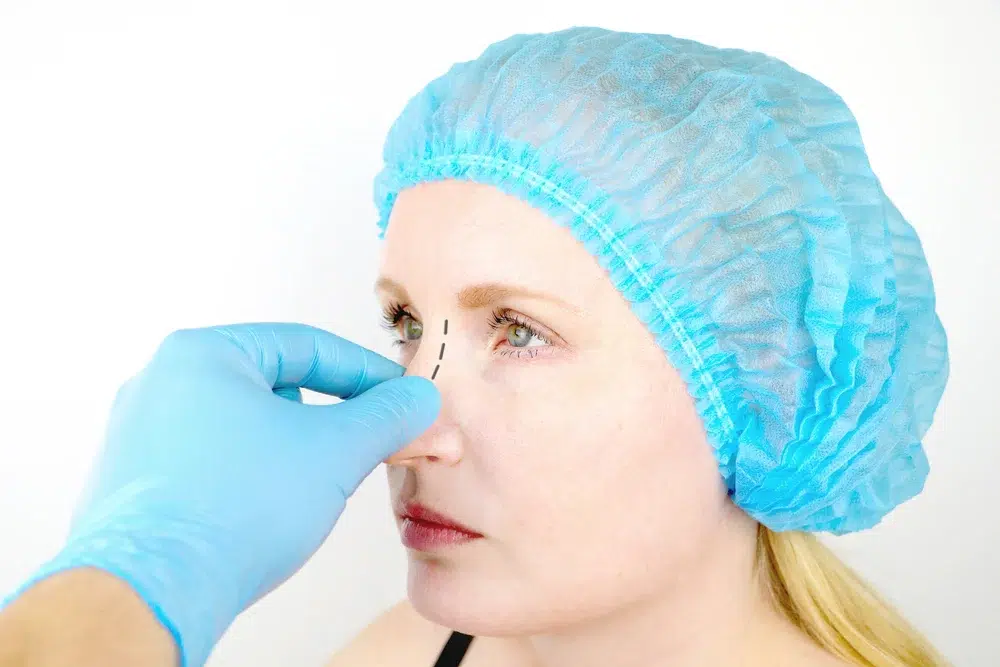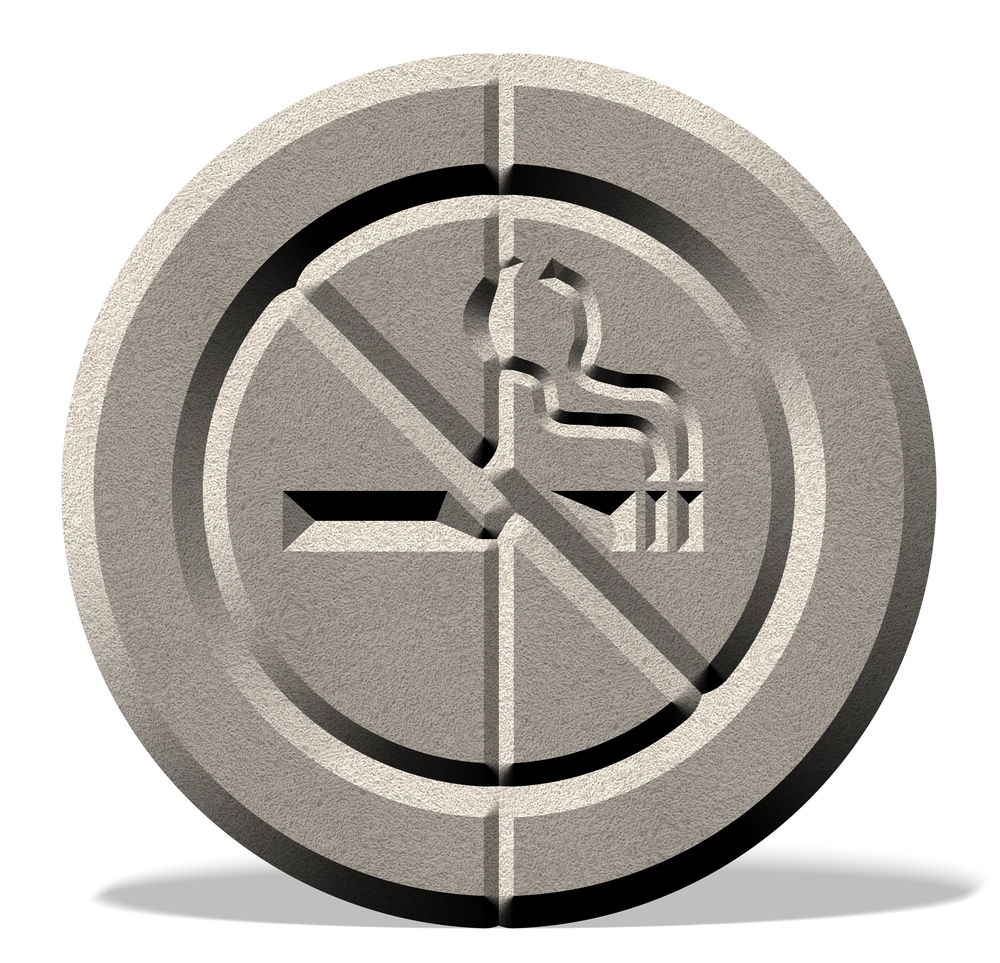Snoring can affect your quality of life, and that of your partner. The loss of sleep quality can impact every aspect of your life – your short and long-term health, your productivity, and your relationships. There are a number of causes of snoring, and one of them is corrected by a septoplasty.
What Is Septoplasty?
Septoplasty is surgery to straighten your septum, which is the bone and cartilage between your nostrils. The septum should be reasonably straight, although it’s common for it to be crooked, or “deviated.” It may also be called submucous resection of the septum or septal reconstruction.
Septoplasty involves trimming, replacing, or repositioning both bone and cartilage until your septum is straight.
Why Is Septoplasty Recommended?
Septoplasty is recommended for difficulties associated with a crooked septum. These might include:
- Snorting
- Difficulty breathing through one’s nose, which can aggravate dry mouth
- Nosebleeds
- A tendency to get sinus infections
- Postnasal drip with headaches
- Increased nasal congestion, usually more noticeable on the side to which the septum deviates
If you are snoring or experiencing sleep apnea, your doctor may examine your septum by looking into your nose. The doctor will use a light and a nasal speculum to look into your nostrils. They may also use a small telescope or endoscope to check deeper into your nose. A deviated septum may be congenital or it may be caused by past trauma. If you have broken your nose in the past, your doctor will probably want to check your septum.
Most cases of deviated septum are left untreated. Surgery is only recommended if the symptoms are severe. Sleep apnea or severe snoring is one of the most common reasons for recommending septoplasty. For recurrent sinus infections and congestion, a nasal spray or other medication is likely to be tried first.
For snoring, a septoplasty is recommended if other treatments have failed and if there is evidence of a deviated septum. Because it is a surgical procedure, doctors generally recommend conservative treatment first.
How Should You Prepare for Septoplasty?
If a septoplasty is recommended, you will have a date scheduled with your surgeon. You should avoid smoking before and immediately after the surgery, and you should avoid medications containing aspirin or ibuprofen immediately before and after, as they can increase bleeding.
Your surgeon will discuss whether it is best to do the surgery under local or general anesthesia. General anesthesia does have increased risks, so your surgeon may recommend local for simpler procedures. More complicated surgery, however, will require general anesthesia.
The surgery will be done as an outpatient procedure and is generally quick. You will probably be required to fast the day of the surgery. Do not attempt to drive yourself to and from your procedure, as the drugs you will be given will impair your judgment. You will need to find somebody to drive you.
What Does the Procedure Involve?
The exact details of the procedure depend on the specifics of your condition…that is to say, how deviated the septum is and how much bone is involved. Generally, the surgeon will make incisions inside your nose or, rarely, between the nostrils. This means there will be no external scarring. If the nasal bone is crooked, then the surgeon may make cuts in the bones of the nose, and if the problem is up in the bridge then they may use a spreader graft.
Your surgeon will go over with you the exact details of the specific surgery you will be getting. Some people may choose to have rhinoplasty done at the same time, especially if the deviated septum is the result of an old injury that left visible damage to their nose.
Bear in mind that while insurance will generally cover medically necessary septoplasty, you will probably have to pay out of pocket for any cosmetic work done. Your surgeon will also have somebody take photos of your nose, both to help with the surgery and to give an idea of what has changed.
After the surgery, you will be able to go home the same day, but, as already mentioned, make sure you have somebody to drive you home. You should avoid being left alone if you have been sedated.
What Should You Do After Surgery?
You should follow the post-operative instructions given to you by your surgeon carefully. It’s a good idea to make sure that your partner, or a close friend or relative, also knows the instructions, especially the day of.
Continue to avoid smoking or taking ibuprofen or aspirin. Your surgeon will prescribe you appropriate painkillers. For the first day or two, you will have packing in your nose, which will be removed during a follow-up examination. If the correction was more complicated, you may need stitches. Expect your nose to be swollen and painful for the first couple of days. You should also:
- Elevate your head at night to keep swelling down and prevent you from rolling onto your nose.
- Not blow your nose for at least three days.
- For the first week or so only wear clothing you don’t have to pull over your head, such as button-down shirts.
- Avoid straining during bowel movements for the first week. Take a mild laxative if needed.
- Avoid intense exercise for several weeks, including running, lifting weights, and playing contact sports. (Note, if your deviated septum was the result of a sports injury, look into protective gear to help keep it from happening again.
- If you have swelling, use a bag of frozen peas or corn as an ice pack. Regular ice packs don’t always conform well to the face.
- Use nasal irrigation as recommended by your doctor to reduce scab formation.
- Avoid lifting heavy objects and bending over.
- If possible, wear contact lenses instead of glasses.
You will probably continue to have difficulty breathing through your nose for some time, and it may even be worse for a few days, but it will start to improve fairly quickly. However, it can take as long as a year for your nose to fully heal and settle into its new shape. Generally, however, changes after three to six months are only minor.
What Are the Most Common Complications?
The most common complication of septoplasty is that the cartilage will shift until it blocks your nose again, possibly on the other side. This may result in needing revision surgery. Choosing a good surgeon helps reduce the risk of having to go back, but can’t always eliminate it.
Thankfully, this complication is fairly rare. In some cases, revision surgery may be needed because the surgeon did not do the correction right in the first place so, again, make sure to choose an experienced surgeon who has done a lot of the specific procedure.
Other complications, also rare, include:
- Bleeding, which can occasionally be severe enough to need a transfusion.
- Chronic nasal drainage (that is to say, a runny nose that won’t go away).
- Excessive dryness of the nose or sinuses.
- Alteration of your sense of smell or taste.
- Numbness or the face, upper teeth, or palate.
- Septal perforation (a hole in your septum).
In extremely rare cases, a botched surgery has resulted in eye damage or leakage of fluid from the brain. However, a good surgeon will ensure that these extremely rare complications don’t occur. Make sure that you choose the best surgeon you can find for the best results. The vast majority of septoplasty patients do not experience any complications and can return to work within three to five days.
Septoplasty is generally performed for snorers who are not responding to treatment when and if a simple exam reveals a crooked septum. It is a fairly simple outpatient procedure, although the results can be somewhat variable.
If your snoring is not responding to normal measures, or if you are wearied of using nasal strips, etc, to help you sleep, then you should talk to your doctor about the possibility of septoplasty. To find out more, and to find out how our qualified, experienced surgeons can fix your breathing and snoring problems, contact CV ENT Surgical Group today.



